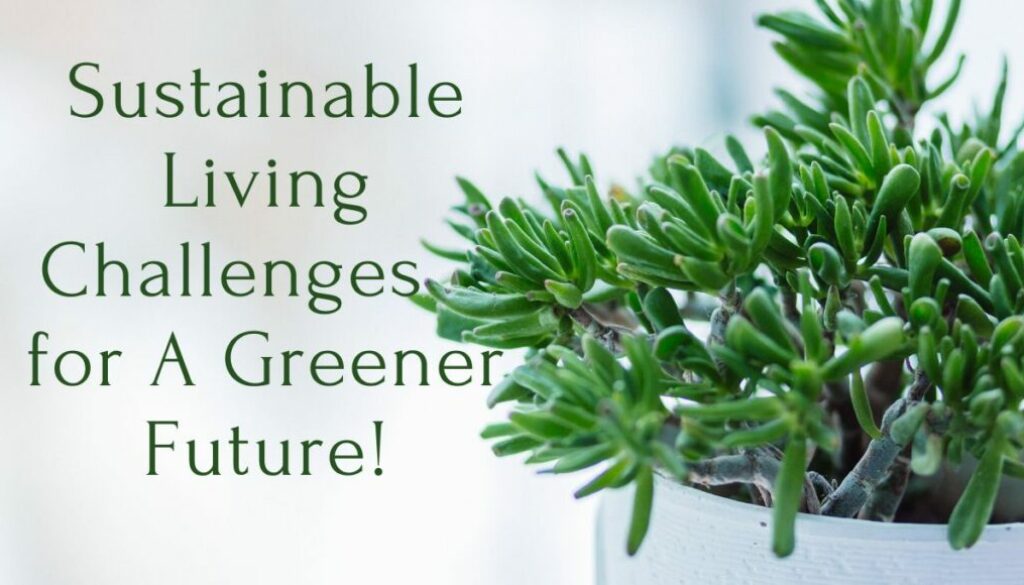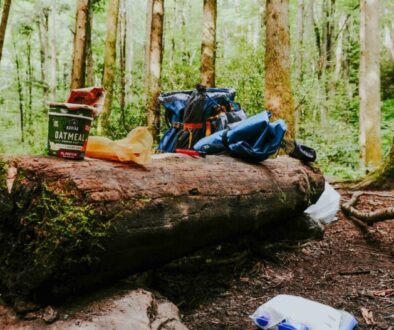7 Sustainable Living Challenges: Expert Insights & Solutions
Explore sustainable living challenges. Find practical insights for eco-conscious decisions. Join us in breaking old habits for a greener future.
Sustainable Living Challenges:
Sustainable living is more than a buzzword; it’s a call to revolutionize our habits for a greener, healthier future. In a world teetering on the edge of environmental challenges, individuals stand at the forefront of change.
In exploring sustainable living challenges, we’ll navigate the complex terrain of personal hurdles, from breaking old habits to battling social pressures. This journey isn’t just about statistics and expert opinions; it’s about real people facing real challenges.
Join us on this exploration, where case studies weave together tales of resilience and innovation, backed by hard-hitting facts and the wisdom of sustainability pioneers. Sustainable living challenges us, but in this challenge lies the promise of a world where every eco-conscious decision echoes into a sustainable tomorrow.
Cost and Accessibility:

- Challenge Overview:
In the pursuit of sustainable living, the barrier of cost and accessibility casts a formidable shadow, often dimming the prospects for widespread adoption.
- Real-life Scenario – Calista’s Struggle:
Calista aimed to transition to plant-based meals but encountered a stark reality—the higher cost of fresh produce and limited budget-friendly options in local grocery stores.
- Statistics Reinforcing Challenges:
47% of low-income US households faced food insecurity in 2022, limiting access to fresh fruits and vegetables.
Global organic food sales reached $109.6 billion in 2020, but predominantly in higher-income countries.
- Expert Perspective – Marion Nestle:
Nestle advocates for policies promoting equal access to healthy foods, highlighting the intertwined nature of food insecurity and sustainable living challenges.
- Nurturing Solutions:
- Community gardens offer affordable produce.
- Policy shifts can foster equitable access to sustainable choices.
Convenience and Availability:
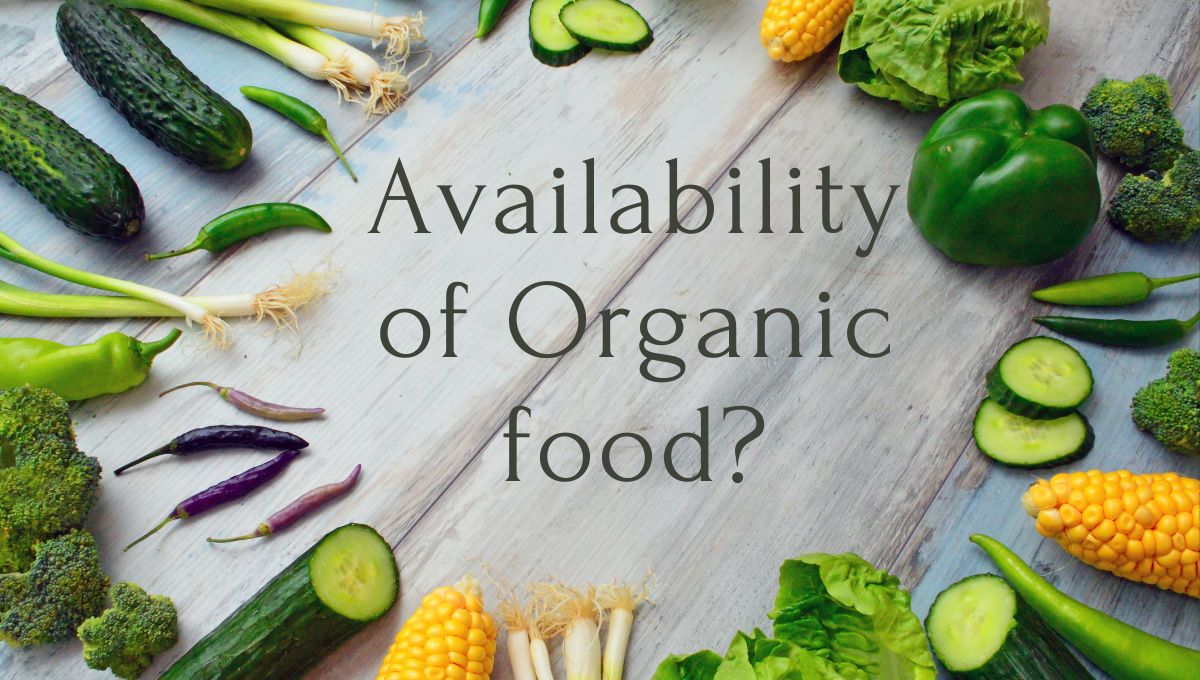
- Challenge Overview:
Among the many challenges associated with sustainable living, the intricate dynamics of convenience and availability emerge as pivotal hurdles dictating the adoption of eco-conscious practices. These factors significantly influence individual choices, community behaviors, and the accessibility of sustainable alternatives.
- Real-life Scenario – David’s Predicament:
David grapples with life in a car-dependent suburb where public transportation options are sparse and cycling feels perilous due to inadequate infrastructure. His experience reflects a widespread dilemma faced by many, amplifying the need for accessible and safe alternatives in communities, encapsulating the essence of sustainable living challenges.
- Supporting Statistics Highlighting Challenges:
- Only 12% of global urban residents had access to convenient and high-quality public transport in 2020, underscoring the global disparity in accessible transportation.
- The US maintains a staggering car ownership rate exceeding 80%, perpetuating transportation emissions and reinforcing the challenges within sustainable living landscapes.
- Expert Perspective – Janette Sadik-Khan:
Sadik-Khan emphasizes the criticality of investing in robust public transportation and cycling infrastructure to create sustainable and accessible cities, fundamentally addressing the challenges of convenience and availability.
- Propelling Solutions:
- Engaging in advocacy for improved biking lanes and enhancing public transportation networks.
- Strategically planning errands to reduce dependency on personal vehicles and fostering shared transportation options.
Lack of Knowledge and Information:
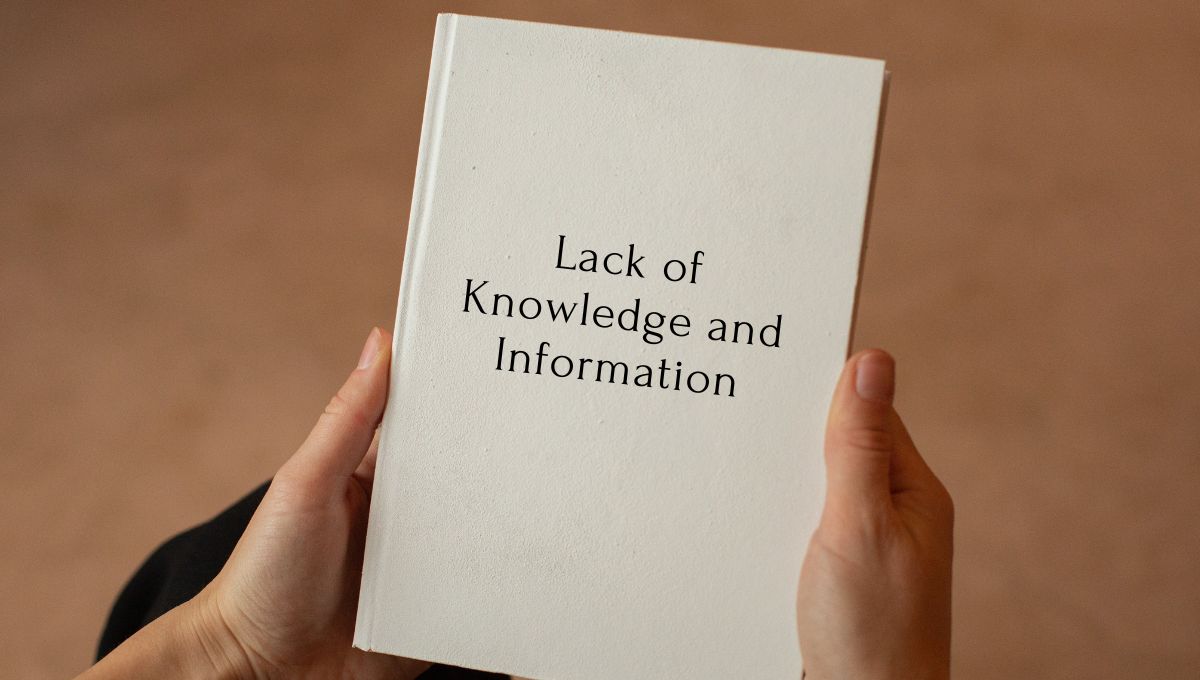
- Challenge Overview:
Amidst the multifaceted landscape of sustainable living challenges, the glaring void in knowledge and information acts as a significant stumbling block, hindering the widespread adoption of eco-friendly practices. This deficit impacts decision-making processes, limiting awareness and understanding within communities about sustainable living challenges and potential solutions.
- Real-life Scenario – Ivy’s Uncertainty:
Ivy grapples with the desire to compost but is overwhelmed by conflicting information available online, representing a widespread struggle among individuals dealing with sustainable living challenges. Her journey highlights the pivotal role of education and guidance in empowering individuals to take meaningful steps toward sustainability.
- Supporting Statistics Emphasizing Challenges:
-
-
- A 2023 study revealed that 42% of Americans feel overburdened by conflicting information related to climate change and sustainability, showcasing the pervasive nature of this issue.
- A global survey indicated that only 32% of consumers feel adequately informed to make sustainable choices, underscoring the deficiency in accessible and comprehensible information.
-
- Expert Perspective – Tim Jackson:
Jackson underscores the pivotal role of education and clear communication in empowering individuals to make informed choices about sustainable living, addressing the challenges stemming from the lack of knowledge and information.
- Propelling Solutions:
-
- Organizing workshops and community events to disseminate accurate and actionable information.
- Creating accessible platforms for reliable and concise guidance on sustainable practices.
Time Constraints:
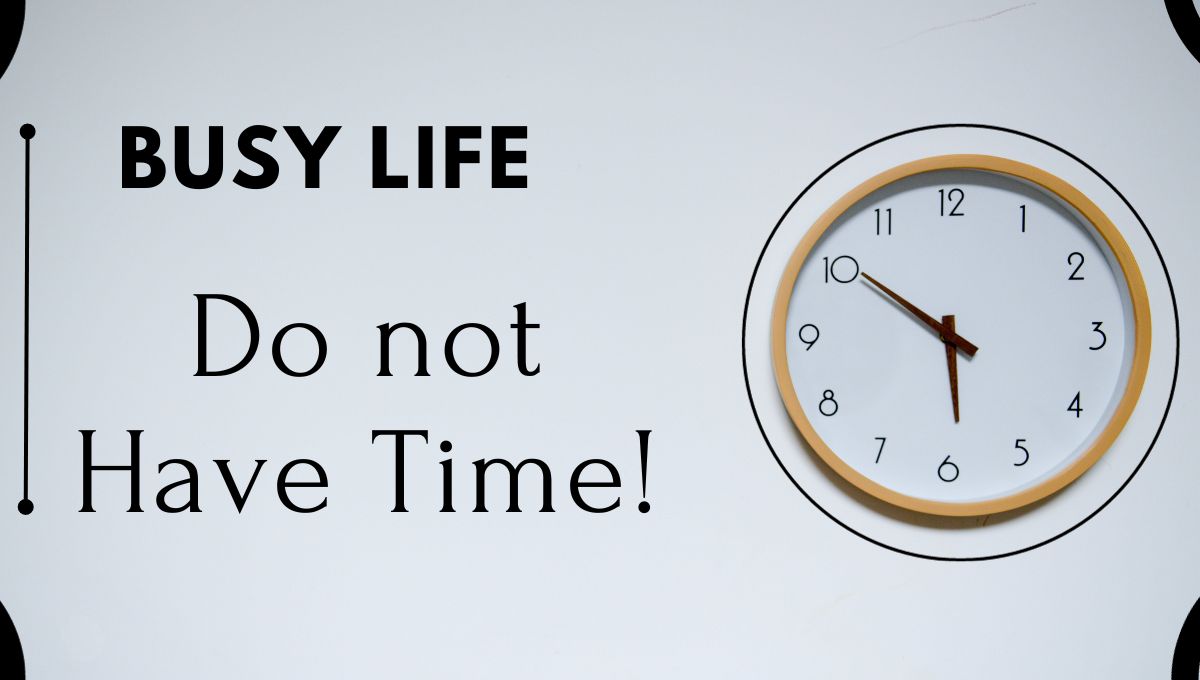
- Challenge Overview:
Within the intricate web of sustainable living challenges, the constraint of time emerges as a pivotal hurdle, impacting individuals’ capacity to integrate eco-conscious practices into their daily lives. The scarcity of time often impedes the seamless adoption of sustainable behaviors, posing a significant barrier to widespread implementation.
- Real-life Scenario – Raya’s Balancing Act:
Raya, a working parent juggling multiple responsibilities, encounters limited time to embrace sustainable practices. Her experience mirrors a widespread struggle, emphasizing the intricacies of sustainable living challenges that individuals face while managing various commitments.
- Supporting Statistics Highlighting Challenges:
-
-
- The average American dedicates 48 hours per week to work, leaving limited bandwidth for additional tasks like meal planning or composting, underscoring the time constraints prevalent in sustainable living journeys.
- A 2020 study identified time limitations as the primary barrier to adopting sustainable living for 38% of respondents, reflecting the widespread impact of this challenge.
-
- Expert Perspective – Bea Johnson:
Johnson advocates for the notion that sustainable living doesn’t necessitate drastic changes but emphasizes that even small, incremental adjustments can yield substantial benefits, offering a nuanced perspective within the realm of time-constrained sustainable practices.
- Propelling Solutions:
-
- Incorporating small sustainable changes into existing routines.
- Investing in time-saving sustainable solutions, such as energy-efficient appliances.
Social Pressures:

- Challenge Overview:
Amidst the intricate fabric of sustainable living challenges, the weight of social pressures emerges as a significant hurdle, influencing individual behaviors and choices within societal norms. These pressures often steer individuals towards unsustainable practices, complicating the path to widespread adoption of eco-conscious behaviors.
- Real-life Scenario – Alex’s Social Influence:
Alex faces considerable pressure from friends and family favoring unsustainable activities like weekend BBQs with disposable items. His experience embodies a widespread dilemma, spotlighting the complexities individuals navigate within the realm of social expectations and sustainable living challenges.
- Supporting Statistics Illustrating Challenges:
-
-
- A 2022 study revealed that 63% of young adults feel compelled by social pressure to engage in unsustainable activities like fast fashion or single-use plastics, reflecting the impact of societal norms.
- The “Keeping Up with the Joneses” phenomenon perpetuates unsustainable consumption patterns due to social comparisons, compounding the challenges within sustainable living landscapes.
-
- Expert Perspective – Elke Weber:
Weber highlights the influential role of social norms in shaping behavior and emphasizes the potential of demonstrating sustainable practices to inspire positive behavioral shifts, offering a balanced approach to tackling social pressures.
- Propelling Solutions:
-
- Introducing eco-friendly alternatives in social settings.
- Educating peers about the positive impacts of sustainable choices.
Fear of Change:

- Challenge Overview:
Amidst the intricate realm of sustainable living challenges, the pervasive fear of change stands as a formidable obstacle, hindering individuals from embracing eco-conscious practices. This fear often deters individuals from initiating and sustaining meaningful transitions toward sustainability.
- Real-life Scenario – Olivia’s Hesitation:
Olivia, comfortable within her routine, grapples with the fear of disrupting her habits by adopting new sustainable practices. Her experience resonates widely, shedding light on the emotional complexities individuals face amid sustainable living challenges.
- Supporting Statistics Illustrating Challenges:
-
-
- A 2021 survey revealed that 52% of Americans hesitated to adopt new sustainable habits due to perceived inconvenience or disruption to their routines, reflecting the impact of apprehension towards change.
- Fear of failure or making mistakes further contributes to the reluctance to explore new sustainable practices, compounding the challenges within sustainable living landscapes.
-
- Expert Perspective – Gretchen Rubin:
Rubin advocates for embracing change by focusing on positive outcomes and celebrating progress, offering a pragmatic approach to addressing the fear of change within the context of sustainability.
- Propelling Solutions:
-
- Setting achievable, incremental sustainability goals.
- Highlighting the long-term benefits of sustainable living practices.
Breaking Old Habits:

- Challenge Overview:
Embedded within the intricate tapestry of sustainable living challenges lies the daunting task of breaking old habits—a formidable hurdle that impedes the transition toward eco-conscious practices. These entrenched behaviors often serve as barriers, resisting change and deterring individuals from embracing sustainable lifestyles.
- Real-life Scenario – The Green Team’s Persistence:
The Green Team, striving to implement sustainable practices at their workplace, encountered resistance from management. Their journey reflects a collective effort to overcome entrenched habits by showcasing the cost-saving benefits of green initiatives and fostering a culture of change. This embodies the essence of sustainable living challenges—reshaping habits entrenched within systems and organizations.
- Supporting Statistics Emphasizing Challenges:
-
-
- Behavioral patterns deeply ingrained over time pose significant resistance to change, contributing to the complexities within sustainable living landscapes.
- Overcoming ingrained habits necessitates concerted efforts, both individually and collectively, to navigate the challenges of transitioning to sustainable practices.
-
- Expert Perspective – Andrew Winston:
Winston emphasizes the potential for workplace sustainability initiatives to drive environmental impact and enhance employee engagement, underscoring the pivotal role of organizational change in breaking old habits within sustainable living contexts.
- Propelling Solutions:
-
- Data-driven approaches to showcase the benefits of sustainable practices.
- Fostering a culture of collective responsibility and engagement.
Conclusion
Breaking old habits for a greener future seems daunting, but it doesn’t have to be.
In this post, we explored individual-level challenges like cost, time, and social pressures, offering real-life case studies and expert insights. Remember, change starts small: packing reusable bags, joining a community garden, and advocating for better infrastructure. Each step, each conversation, ripples outward. Let’s overcome limitations, celebrate progress, and build a thriving, sustainable future for all. Together, we can break old habits and grow new possibilities.
Let’s break old habits, ignite change, and build a sustainable world.
Start your journey now!
